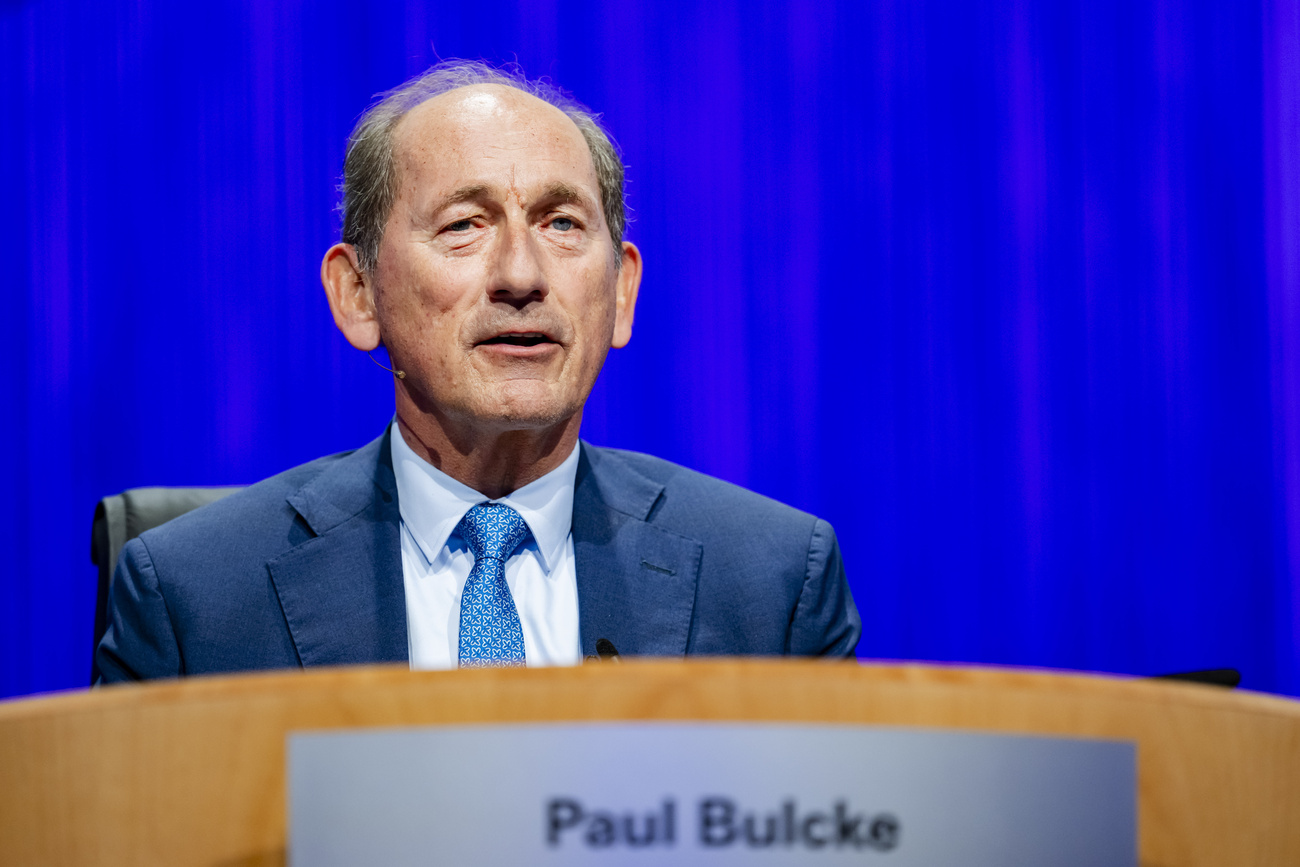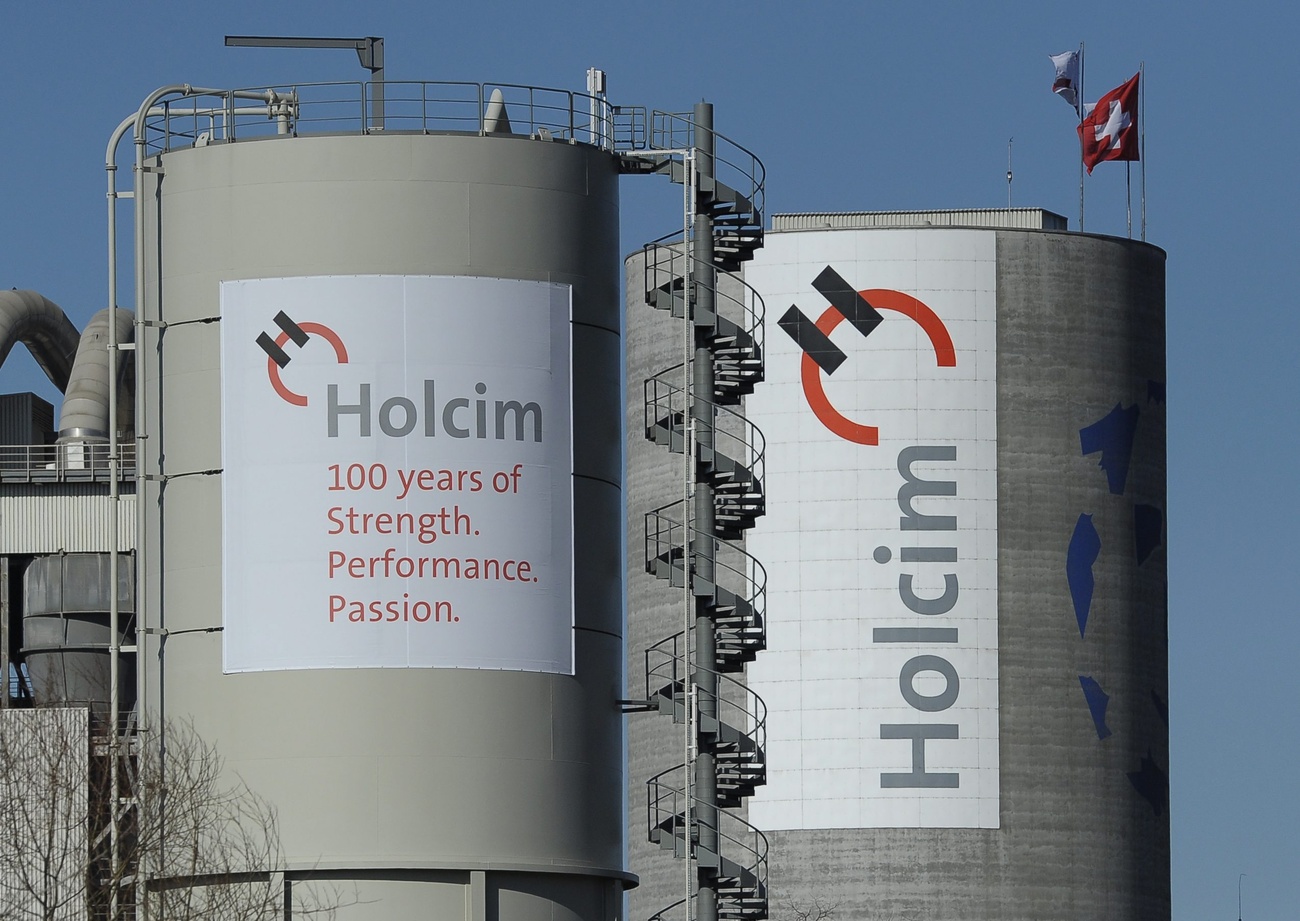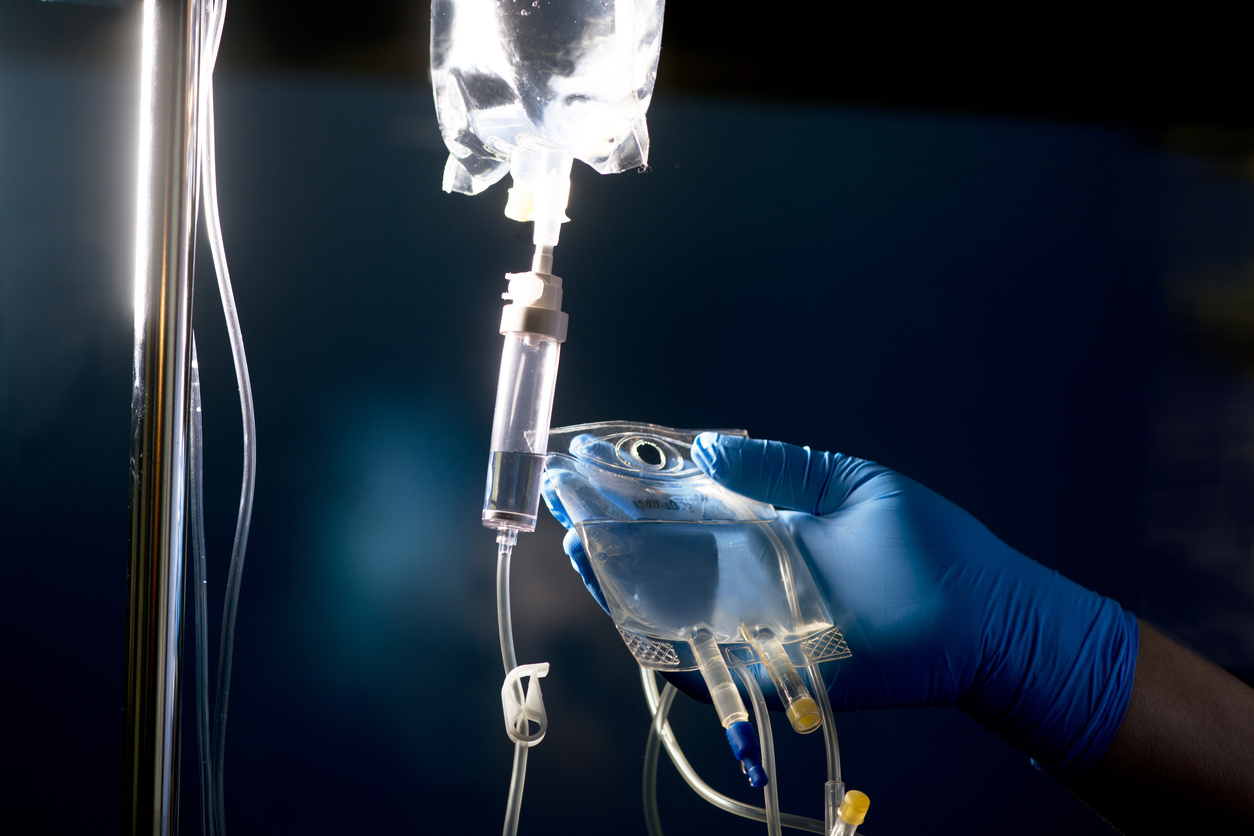
Novartis and GSK CEOs set out diverging strategies

It is a tale of two newly minted chief executives, each looking to send a clear signal to investors about strategy and priorities, after only months at the helm.
When Novartis announced on Tuesday the sale to GlaxoSmithKline of its 36.5% stake in their consumer health joint venture for $13 billion (CHF12.3 billion), it marked an unexpectedly early and decisive move for Vas Narasimhan, who became CEO in February.

More
Financial Times
External linkEmma Walmsley, meanwhile, who took over at GSK just under a year ago, has strengthened her company’s position in consumer health — but, according to people familiar with her thinking, in service of her number one priority: boosting the flagging pharma division. She hopes the increased cash flow she will now reap from consumer sales can be invested in promising research and development.
When the Financial Times interviewed Mr Narasimhan in September, just after his appointment had been announced, he said he needed to “reflect on” the shape of the group, considering “what are the right adjacencies for a company like us, and where do we have the ability to really create unique value based on our Novartis capabilities?”
His term still measurable in weeks, Mr Narasimhan has not pondered long before deciding consumer health is an “adjacency” too far. He has moved to disentangle Novartis from part of the asset swap deal struck four years ago with GSK: a multi-pronged agreement that his predecessor, Joe Jimenez, had identified to the FT in a valedictory interview as “a strong part of my legacy”.
Whirlwind few days
The context to the latest deal, according to two people familiar with the process, was a whirlwind few days in which GSK came close to bidding for Pfizer’s consumer health division before deciding that it could not justify the purchase within its capital allocation framework, in which large-scale M&A was accorded the lowest priority.
As GSK considered a move on Pfizer over the past few months, the question of whether or when Novartis would exercise its option to sell its stake overshadowed the internal considerations. According to two people familiar with the discussions, GSK executives repeatedly sought to gauge Novartis’s intentions, aware of the implications for its ability to fund deals on the pharma side, should it buy both Pfizer’s unit and the Swiss company’s stake in the JV.
After Mr Narasimhan signalled his openness to a sale, the negotiating teams managed to structure a deal that was all-but-agreed a week before the deadline for the Pfizer bid, according to one person familiar with the process. However, the deal was not signed until shortly before Tuesday’s announcement. A separate team pressed on with negotiations aimed at acquiring the US rival’s business, but the mooted bid was eventually abandoned after investors baulked at the prospect of GSK allocating the amount of capital needed to clinch a purchase.
In a call with reporters, Ms Walmsley acknowledged that discussions over its prospective deal with Pfizer had paved the way for its acquisition of the Novartis stake. The “consideration and detailed review that we did around Pfizer assets opened up this opportunity and we are both very happy to conclude it”, she said.
Horlicks under review
GSK also said it was launching a “strategic review” of its iconic Horlicks brand and other consumer nutrition products, which last year generated sales of £550 million (CHF740 million).
Investors appeared to believe Novartis had extracted a good price: its shares were up more than 2% at CHF76.14 by early afternoon in Switzerland. Mr Narasimhan is expected to use the funds to expand “core” business areas — innovative prescription medicines, as well as oncology, generics and eyecare — via organic growth but also through “bolt on” acquisitions, or return cash to shareholders.
A question remains as to whether GSK can indeed turn the £7.8 billion consumer healthcare division, from which it will now reap 100% of rewards, into a revenue-generating war chest as it battles to reverse years of underperformance in pharma R&D.
Ms Walmsley said on Tuesday that the business’s record spoke for itself, with operating margins having risen from 11.3% in 2015 to 17.7% last year. “We expect operating margins to approach the mid-20% figure by 2022 and that is at 2017 rates,” she added.
Power brands
That confidence, she suggested, was rooted in “power brands”, such as Sensodyne toothpaste and the anti-inflammatory Voltarol, and a stronger focus on over-the-counter and oral health products, as well as “a much stronger focus on supply chain cost structure”.
Ian Hilliker, analyst at Jefferies, forecast that assuming full control of consumer health should “generate at least 3-4% adjusted [earnings per share] accretion for GSK over the near to mid term”.
Investors duly welcomed the move. Richard Marwood, senior fund manager at Royal London Asset Management, said that the companies’ decision to dissolve their JV had ticked another uncertainty off the list, following the announcement that it had quit the race for the Pfizer unit. “Anything you can do to get away from uncertainty overhanging your stock has to be a good thing”, he said. Shares were up almost 5% by late afternoon, at £13.51p.
For Mr Narasimhan, the question is whether he will now also seek to sell Novartis’s 6% stake in Swiss rival Roche, which worth about $12 billion.
Copyright The Financial Times Limited 2018

In compliance with the JTI standards
More: SWI swissinfo.ch certified by the Journalism Trust Initiative





































You can find an overview of ongoing debates with our journalists here . Please join us!
If you want to start a conversation about a topic raised in this article or want to report factual errors, email us at english@swissinfo.ch.